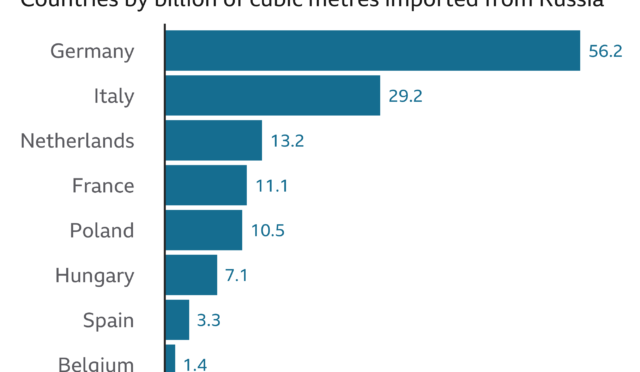UK Weapon Manufacturing Investment Boosts National Defense
In a strategic move aimed at bolstering national defense, the UK government has unveiled plans to invest £1.5 billion ($2 billion) towards the establishment of six new weapon manufacturing centers. This initiative comes in response to escalating security concerns both locally and globally. These centers are designed to operate with an ‘always on’ workflow, ensuring rapid support and enhancing production capacities to quickly replenish munitions during periods of intense conflict.
The new factories will be equipped to assemble advanced energetic technologies and long-range projectiles, along with related munitions. This expansion in defense capabilities is seen as crucial to maintaining operational readiness and supporting military objectives. It reflects a commitment not only to national security but also to the advancement of the UK’s industrial capabilities in a critical sector.
Economic Growth through Job Creation
The development of these weapon manufacturing centers is set to create approximately 1,000 new jobs, in addition to supporting 800 existing skilled positions. This move aligns with the UK’s broader economic strategy, aiming to combine growth in the defense sector with job creation for its citizens. It underscores the belief that a robust economy must be supported by a formidable defense strategy, as articulated by Exchequer Chancellor Rachel Reeves.
Reeves emphasized that such investments in armaments and support for jobs across Britain illustrate the interconnected nature of national security and economic prosperity. “We are delivering both security for working people in an uncertain world and good jobs, putting more money in people’s pockets as part of our Plan for Change,” she asserted, highlighting the administration’s commitment to enhancing the quality of life for its citizens.
Defense Strategy Review and Global Context
The announcement, made by Defence Secretary John Healey, comes as part of a comprehensive review of the UK’s defense strategy. This review evaluates the military’s core objectives, the production capacity of weaponry, and associated fiscal responsibilities. The document draws on critical lessons learned from ongoing global conflicts, particularly the implications of Russia’s invasion of Ukraine, nuclear threats, and rising cybersecurity challenges.
To support the frameworks outlined in this strategy document, the UK has decided to cut foreign aid, redirecting funds to bolster national security. In a commitment made earlier this year, the government pledged to increase defense spending to 2.5% of its gross domestic product by 2027, with further plans to elevate this figure by an additional three percent by 2029.
Significant Funding for Munitions
Upon the completion of the six proposed manufacturing facilities, the UK Parliament is expected to allocate approximately £6 billion ($8.1 billion) specifically for munitions. This substantial investment underscores the government’s dedication to modernizing and expanding its military capabilities, ensuring that the country remains prepared for various security challenges.
Moreover, earlier this year, the British government made a notable commitment of over $1.3 billion to establish a new military cyber division. This initiative will leverage artificial intelligence to enhance operational efficiency on the battlefield, indicating a clear recognition of the growing importance of technology in modern warfare.






